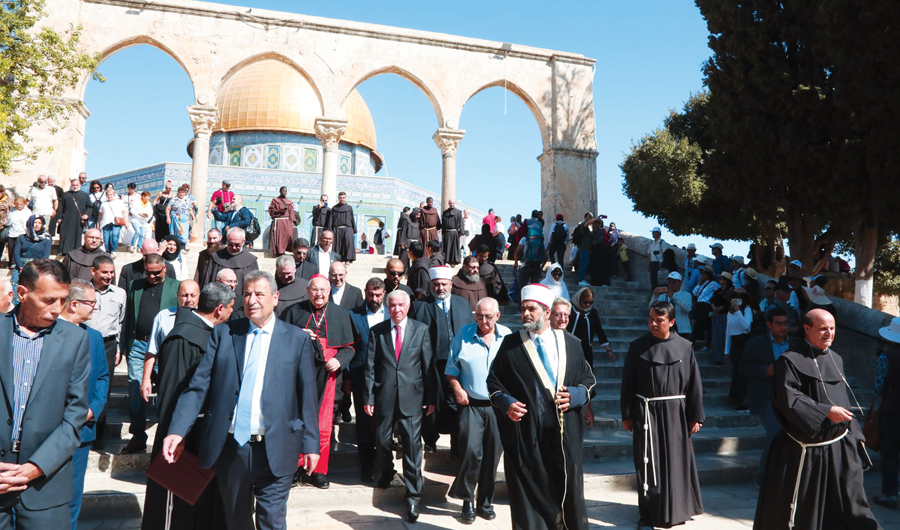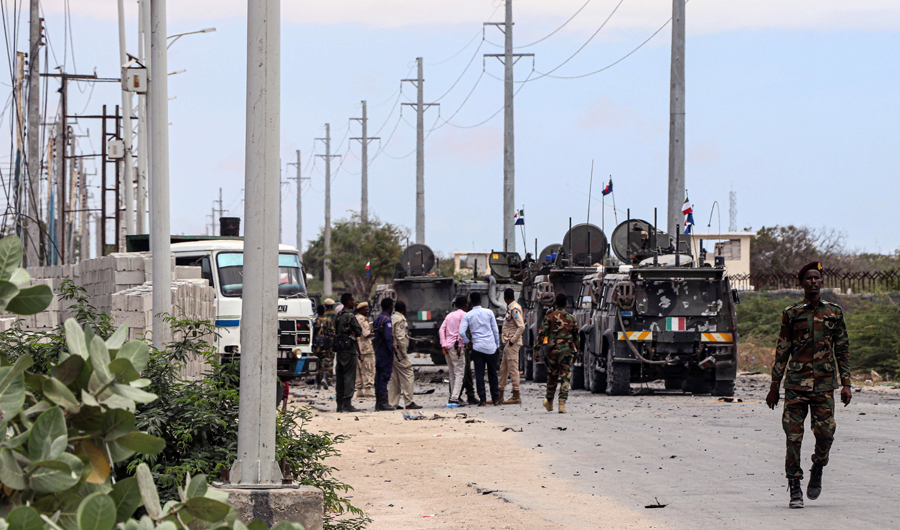Teachers association suspends four-week strike in Jordan
AMMAN: The elected council of the Jordan Teacher Association announced late on Thursday the suspension of the four-week strike and the return to regular teaching on Sunday. Association spokesman Nouriddin Nadim simply told the press that the “strike is suspended in compliance with the decision of the administrative court.”
Nadim said that he hoped that the government will respond with a similar gesture to help resolve the conflict.
“The teachers association has responded positively to the court decision and we have closed this file. Now the government has until Saturday night to respond to the teachers’ demands and if they don’t we will call for a new strike starting Sunday morning.”
The strike began on Sept. 8 with the teachers demanding that the government of Jordan respect its promise to give teachers a 50 percent pay raise. Teachers also asked for an apology from the government and an investigation into the events of Sept. 5, when teachers were prevented from holding a protest demonstration outside the prime minister’s office.
The Jordanian government approved a modest pay raise last week. Simultaneously the administrative court declared on Sept. 29 that teachers should immediately suspend the strike but that the court will hear the case at a later stage.
The teachers waited until they were duly served with the decision and then submitted an appeal, but the law is clear that adherence to the decision is needed first. The association met for two hours on Thursday afternoon and reluctantly approved the suspension of the strike and the withdrawal of the legal objection.
“We are suspending the strike even though our demands have not been met and we are very unhappy at what happened,” an association representative said.
Sources told Arab News that the decision of the association’s top council was made after reliable intermediaries assured the teacher’s association that the government was willing to make an important offer to the association before Sunday. A legal adviser to the council to Arab News that the decision was made to abide by the law and to safeguard the possibility of one day calling for another form of protest, including a strike.
Ahmad Awad, the founder and director of the Phenix Center for Economic and Informatics Studies, told Arab News that the teachers have won in their battle regardless of the results, and it represents a shout to all workers in the public and private sectors to fight for their rights. “The day after the strike is going to be better than the days before this strike. This should also be a lesson to future governments in how to deal with workers and their associations in an appropriate way,” he said.
Thouqan Obeidat, a veteran educator and a respected education strategist, said that the end of the strike without any resolution will not solve the problem because teachers will return in bad spirits.
“If during this weekend things loosen up and the teachers get a reasonable rise, the situation will go back to normal. This doesn’t mean that the teachers will be geniuses or that the educational system will be vastly improved because fixing education needs many solutions and they are not all monetary, but certainly if the teachers return without any change they will be devastated and the educational system will be in ruins,” he said.

Jordan’s striking teachers reject government call to return to workJordanian teachers’ dispute with govt continues



